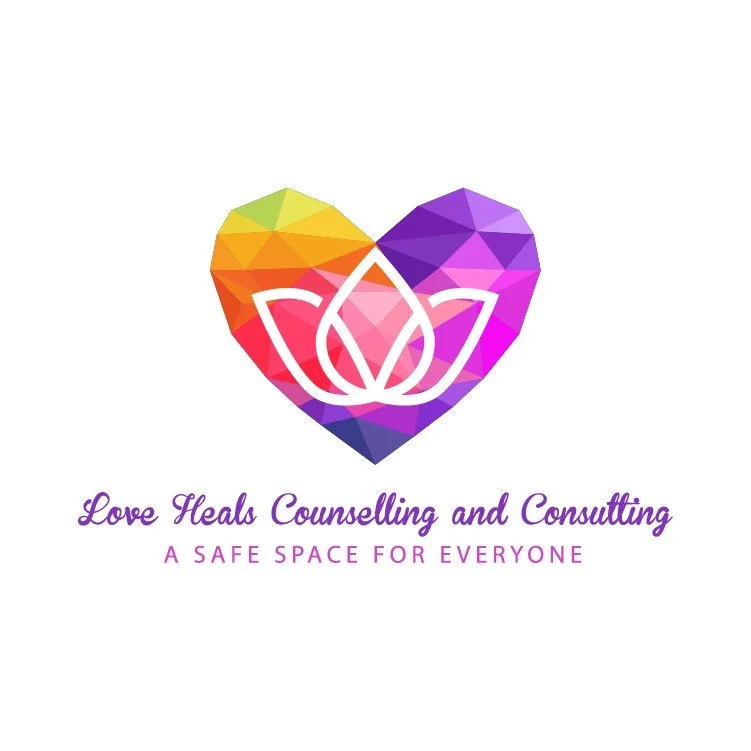The Strength in Openness: How It Helps Us Connect坦誠的力量:它如何幫助我們建立連結
The Strength in Openness: How It Helps Us Connect
What is Openness, and Why Is It Important?
Have you ever stopped yourself from sharing your feelings because you didn’t want to seem weak or risk judgment? Maybe you were raised to believe that emotions should be kept private or that showing vulnerability means losing control. In many cultures, particularly those influenced by traditional or patriarchal values, vulnerability is often misunderstood as a weakness. Toxic masculinity reinforces this idea, especially for men, by discouraging emotional expression and labeling it as unmanly.
But what if being open is not a weakness but a strength? Brené Brown calls vulnerability the key to trust and connection. She says, “Vulnerability is not weakness—it’s courage.” And courage is something we all value.
When we suppress our emotions, we might feel stuck, lonely, or misunderstood, even by those closest to us. True connection comes when we allow ourselves to be honest—not just with others but with ourselves.
What Attachment Theory Teaches Us About Openness
John Bowlby’s attachment theory explains why openness is so powerful. As children, our caregivers’ responses to our needs taught us whether it was safe to express emotions. If we experienced love and consistency, we learned that being open was safe. This secure attachment allowed us to form healthy emotional bonds.
But in some families or cultures, expressing feelings is seen as shameful or dangerous. You might have been told to “man up” or “stop crying.” If caregivers were inconsistent or unresponsive, you may have learned to hold back to protect yourself. These experiences often shape patterns like:
Anxious Attachment: A constant fear of being abandoned or needing frequent reassurance to feel secure.
Avoidant Attachment: Avoiding closeness or shutting down emotionally to avoid rejection.
For many, these patterns are influenced by cultural or gendered expectations. In environments where emotional expression is seen as a flaw, it’s no wonder we learn to hide. If this resonates, know it’s possible to relearn how to be open in a way that feels safe and supported.
Healing Through Openness in Counseling
In therapy, being open can feel uncomfortable at first—especially if you’ve grown up believing that emotions should stay hidden or that showing vulnerability will make you seem weak. These fears are real, and they deserve compassion.
This is where Emotionally Focused Therapy (EFT) comes in. Based on Bowlby’s attachment theory, EFT provides a safe, nonjudgmental space for you to explore your emotions. It helps you rebuild trust with yourself and others by breaking down the walls you’ve built over time.
Here’s how being open can help:
For Individuals: It allows you to understand your emotions, rebuild self-confidence, and challenge cultural or internalized beliefs that vulnerability is a flaw.
For Couples: It fosters emotional reconnection, rebuilds trust, and improves communication, especially in navigating cultural or family expectations about roles and relationships.
For Families: It helps heal past hurts and bridges generational or cultural gaps that discourage openness.
Taking the First Step
In cultures where “toughness” is celebrated and emotions are dismissed, it’s no surprise that being open can feel like a risk. Toxic masculinity reinforces this fear, especially for men, by telling them they should handle everything on their own. But this approach can leave people feeling isolated and overwhelmed.
Brené Brown reminds us, “Vulnerability is the birthplace of love, belonging, and connection.” It’s okay to feel scared—opening up doesn’t mean losing control; it means taking a courageous step toward healing.
Therapy offers a safe space to explore your emotions, challenge harmful beliefs, and take meaningful steps toward stronger, more fulfilling relationships.
If you’re ready to start that journey, I’m here to walk alongside you.
坦誠的力量:它如何幫助我們建立連結
坦誠是什麼?為什麼它很重要?
你是否因為害怕被評判或被認為「軟弱」,而選擇壓抑自己的感受?在許多文化中,尤其是受傳統或父權價值觀影響的文化,表達情感常被視為一種劣勢。有毒的男性氣概更進一步加劇了這種觀念,特別是對男性而言,表達情感往往被標籤為「不夠男人」。
但坦誠並不是軟弱,而是一種力量。Brené Brown 認為,脆弱是建立信任和連結的關鍵。她說:「脆弱不是弱點,而是一種勇氣。」這份勇氣讓我們在表達自我的同時,也能與他人更深地連結。
當我們選擇隱藏情感時,很容易感到孤立或與周圍的人疏離。真正的連結只有在我們真誠地面對自己和自己的感受時才會發生。
依附理論教會我們什麼?
依附理論的創始人 John Bowlby 解釋了為什麼坦誠如此重要。在童年時,我們的養育者如何回應我們的需求,決定了我們是否覺得表達情感是安全的。如果我們感受到愛與一致的關注,我們便會學到坦誠是安全的,這就是所謂的「安全型依附」。
然而,某些家庭或文化中,情感表達被視為羞恥或危險。也許你曾被告知「男子漢就要堅強」或「別哭了」。如果養育者反應不一致或冷漠無情,我們可能會學會壓抑自己的感受來保護自己,這可能導致:
焦慮型依附: 持續擔心被拋棄,或需要不斷尋求安慰來感到安全。
迴避型依附: 壓抑情感或避免親密,以避免被拒絕。
對許多人來說,這些模式深受文化或性別期待的影響。在情感被認為是缺陷的環境中,我們學會了掩蓋自己。如果你有類似的經歷,請相信,在安全和支持的環境中,你可以重新學會坦誠。
在心理諮詢中透過坦誠治癒
在心理諮詢中,坦誠表達感受一開始可能會讓人感到害怕或不自在。特別是當你被教育「情感要藏起來,這樣才是堅強」時,這些擔憂是值得被理解的。
情緒焦點治療(EFT)為你提供了一個安全的空間,幫助你在沒有評判的情況下探索情感。EFT 幫助你一步步拆除內心的牆,重建與自己和他人的信任。
以下是坦誠如何幫助你的方式:
個人: 幫助你理解自己的情感,重建自信,並挑戰「脆弱是缺陷」的文化觀念。
伴侶: 幫助伴侶之間重建情感連結,恢復信任,並改善溝通,特別是在面對家庭或文化期待時。
家庭: 治癒過去的傷痛,彌合因代際或文化差異而造成的情感隔閡。
邁出第一步
在提倡「堅強」的文化中,坦誠表達情感可能會被視為一種冒險。有毒的男性氣概進一步鞏固了這種信念,尤其是對男性而言,壓抑情感成為了一種「保護自我」的手段。但事實是,這樣的壓抑只會讓我們感到孤立和壓力。
正如 Brené Brown 所說:「脆弱是愛、歸屬感和連結的起點。」害怕是正常的,但治癒正是從這份恐懼中開始。
心理諮詢提供了一個安全的空間,幫助你探索情感,挑戰內化的信念,並一步步走向更深層、更滿足的連結。
如果你準備好探索坦誠如何改變你的生活,我願意陪伴你踏上這段旅程。

